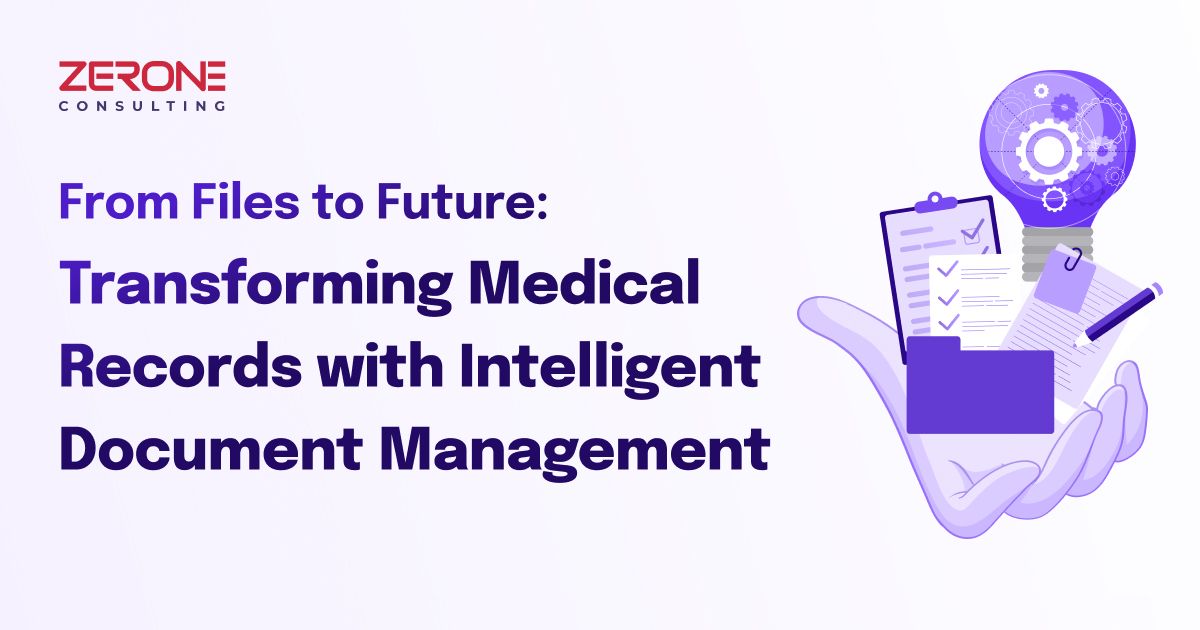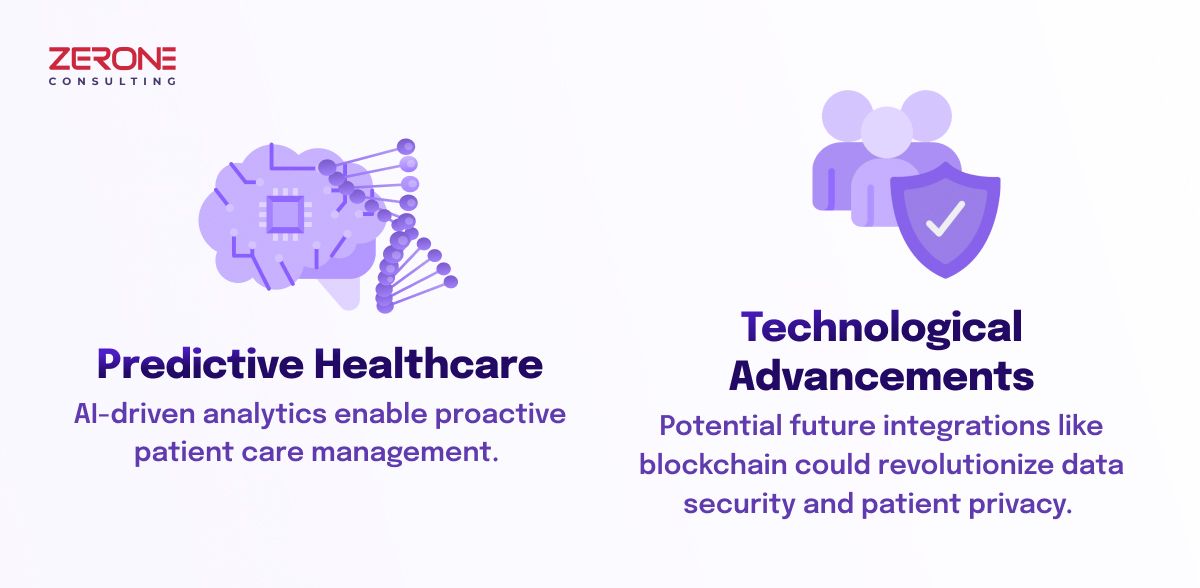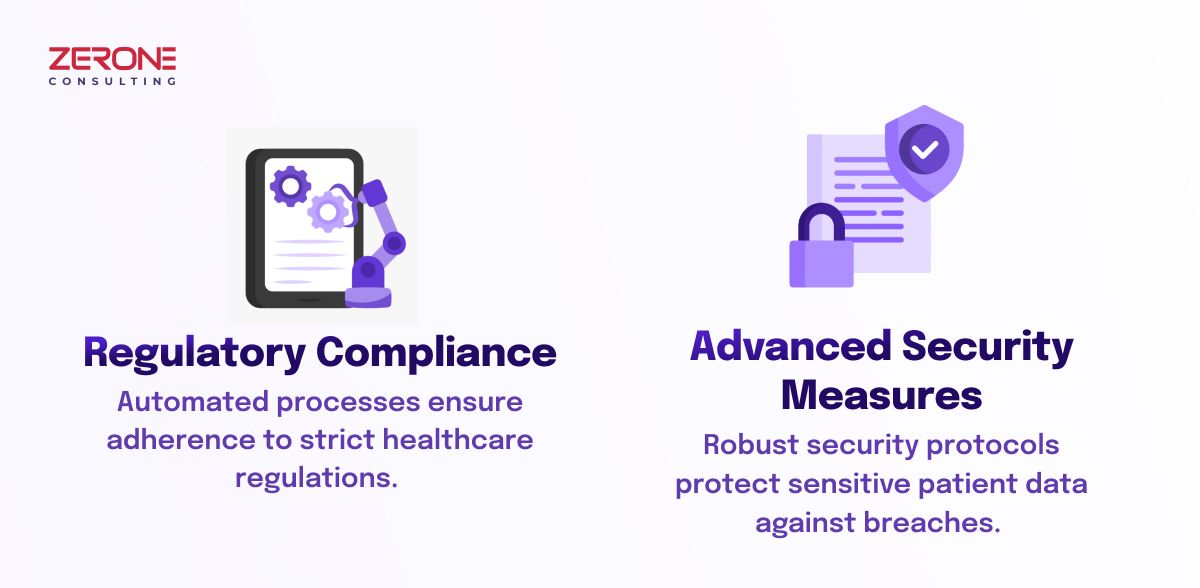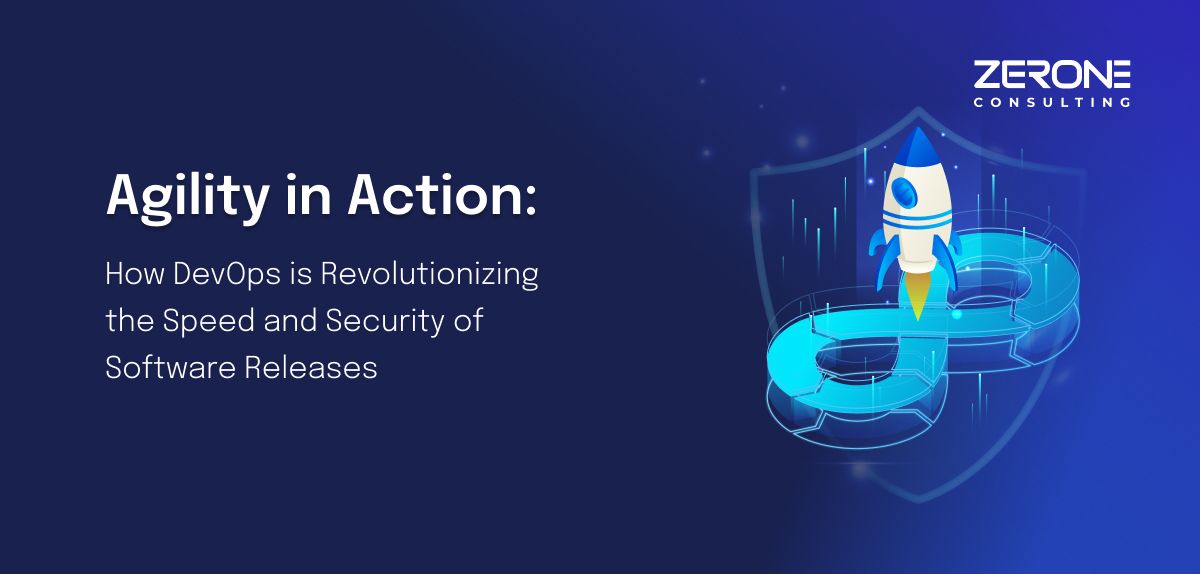Revolutionize Medical Records with Intelligent Document Management: The Future of Healthcare
The healthcare industry is at the cusp of a digital revolution, driven by the need for efficient data management and improved patient care. One of the most significant advancements in this realm is the adoption of intelligent document management systems (IDMS). These systems leverage artificial intelligence (AI) and machine learning (ML) to transform how medical records are handled, ensuring that healthcare providers can access, manage, and analyze patient information more effectively. This blog delves into how intelligent document management is revolutionizing the management of medical records, with insights from high-authority sources like HBR, WEF, McKinsey, Forbes, and Deloitte.

The Challenges of Traditional Medical Record Management
Traditional methods of managing medical records involve vast amounts of paperwork, manual data entry, and cumbersome filing systems. These outdated practices lead to several challenges, including:
- Inefficiency: Manual processes are time-consuming and prone to errors. According to McKinsey, healthcare professionals spend up to 25% of their time on administrative tasks, detracting from patient care.
- Inaccessibility: Physical records can be difficult to access and share, especially in urgent situations.
- Data Fragmentation: Patient information is often scattered across multiple systems and locations, making it challenging to obtain a comprehensive view of a patient's medical history.
Intelligent Document Management: A Game Changer
Intelligent document management systems address these challenges by automating and streamlining the handling of medical records. These systems utilize AI and ML to digitize, categorize, and analyze documents, providing numerous benefits:
Enhanced Efficiency and Accuracy
AI-driven IDMS can automate the extraction and processing of data from medical records, reducing the need for manual data entry. Forbes reports that these systems can cut processing times by up to 80%, significantly improving efficiency and accuracy.
Improved Accessibility and Data Integration
With intelligent document management, medical records are digitized and stored in centralized databases, making them easily accessible to authorized personnel. Deloitte highlights that this integration facilitates seamless information sharing across different departments and healthcare providers, ensuring that all relevant data is available when needed.
Advanced Data Analysis and Insights
IDMS can analyze vast amounts of patient data to uncover patterns and insights that might not be immediately apparent. This capability is particularly valuable for predictive analytics and personalized medicine. The World Economic Forum (WEF) notes that AI-powered analytics can help identify potential health issues early, enabling proactive interventions.
Real-World Applications and Success Stories
Several healthcare organizations have successfully implemented intelligent document management systems to transform their operations:
Cleveland Clinic: Streamlined Patient Records
Cleveland Clinic has adopted an AI-driven document management system to streamline its patient record-keeping processes. McKinsey reports that this implementation has led to a 60% reduction in administrative workload, allowing healthcare professionals to focus more on patient care.
Mayo Clinic: Enhanced Research Capabilities
Mayo Clinic uses intelligent document management to enhance its research capabilities. By digitizing and categorizing historical medical records, researchers can access valuable data sets more efficiently, accelerating the pace of medical discoveries and innovations.
Kaiser Permanente: Improved Patient Outcomes
Kaiser Permanente has integrated AI-powered IDMS into its electronic health record (EHR) system. According to Forbes, this integration has resulted in more accurate and timely patient information, leading to improved patient outcomes and higher satisfaction rates.
The Future of Intelligent Document Management in Healthcare
The future of intelligent document management in healthcare is bright, with several emerging trends poised to further transform the industry:

Predictive Analytics for Proactive Care
Future advancements in AI and ML will enable even more sophisticated predictive analytics. Healthcare providers will be able to anticipate patient needs and potential health issues, allowing for proactive care and improved health outcomes.
Enhanced Security and Compliance
As data privacy concerns grow, IDMS will incorporate advanced security features to ensure compliance with regulations like GDPR and HIPAA. The World Economic Forum emphasizes the importance of secure AI systems in maintaining trust and protecting sensitive patient information.

Integration with Other Technologies
Intelligent document management systems will increasingly integrate with other technologies, such as blockchain, for enhanced transparency and security. Blockchain can provide an immutable ledger for medical records, ensuring data integrity and reducing the risk of fraud.
Conclusion
In today's data-driven world, efficiently managing and analyzing vast amounts of structured and unstructured data is crucial for business success. AI-driven document management systems, such as DocuSenze, offer streamlined document management with features like automated metadata extraction, intelligent query handling for precise information retrieval, and advanced machine learning and generative AI for deeper data insights. Enhanced text analytics, intelligent search and indexing, and custom dashboards for data visualization further empower organizations to transform data into actionable insights. Robust compliance and data privacy features ensure secure handling of sensitive information, while seamless teamwork and information sharing promote a collaborative work environment. By adopting these systems, businesses can revolutionize their processes, turning data challenges into opportunities for growth and innovation.
We can help!
Why Scrum Fits Like A Glove
#Customapplicationdevelopment
Mvps - A Silver Bullet In Software Development
#Customapplicationdevelopment



